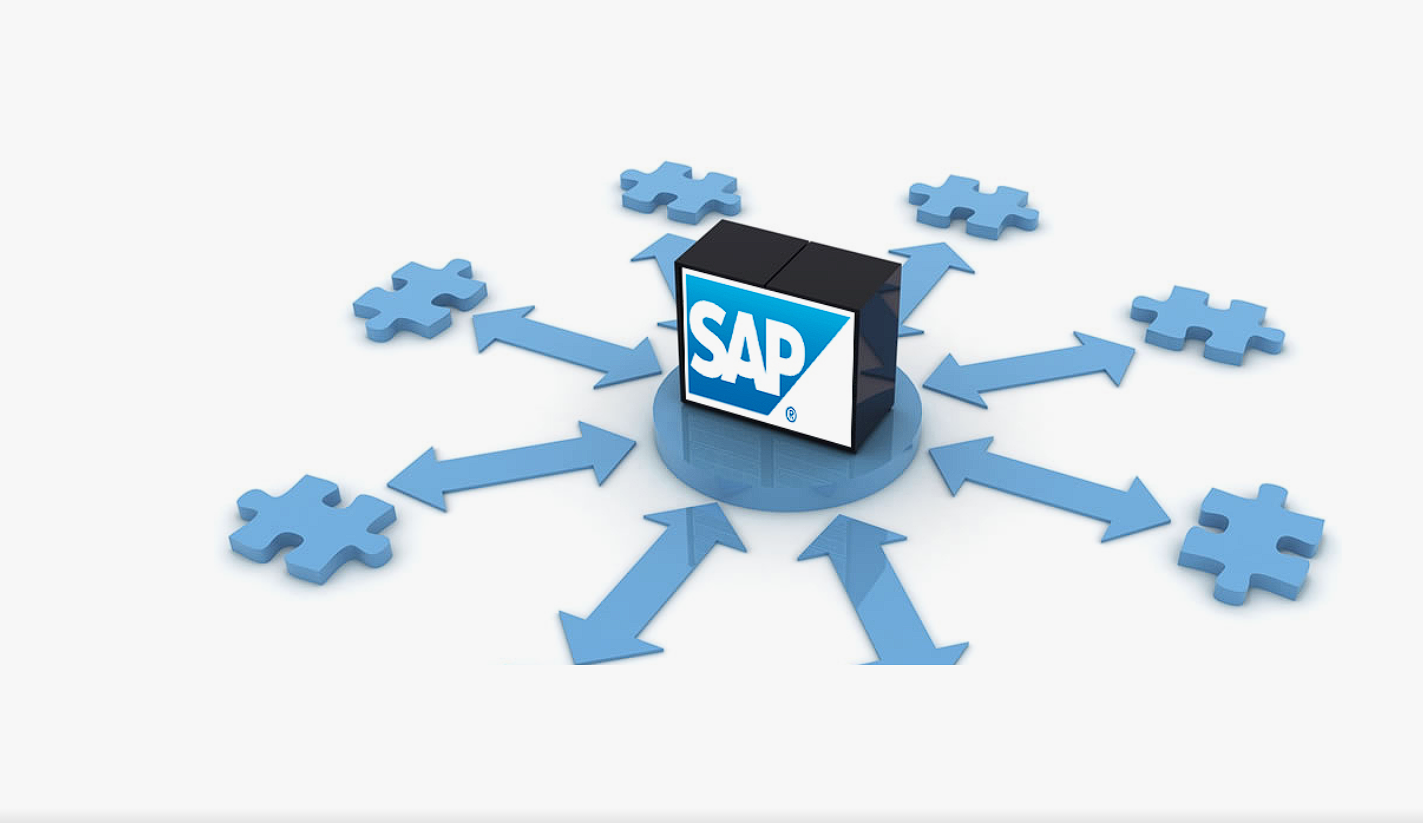In today’s fast-paced healthcare environment, managing vast amounts of data, streamlining operations, and delivering quality patient care is more critical than ever. The future of healthcare management relies heavily on adopting advanced technologies to enhance efficiency and decision-making. SAP (Systems, Applications, and Products) is becoming a key player in transforming the healthcare sector by providing integrated solutions that drive operational excellence, improve patient outcomes, and ensure compliance with regulatory standards. SAP Classes in Pune
1. Enhanced Data Management and Analytics
Healthcare institutions generate enormous volumes of data every day, from patient records and clinical data to administrative details. SAP solutions are designed to manage this data efficiently. By using SAP’s data analytics capabilities, healthcare providers can analyze patient trends, track treatment outcomes, and even predict potential health issues, allowing for more proactive patient care.
With real-time access to comprehensive data, SAP helps healthcare organizations make informed decisions that directly impact patient outcomes and operational efficiency. Whether it's optimizing treatment plans or identifying areas for process improvement, SAP enables data-driven strategies that can transform healthcare management.
2. Streamlined Operations and Workflow Automation
Healthcare organizations face significant operational challenges, from managing hospital resources to streamlining supply chain operations. SAP provides healthcare institutions with tools to automate workflows, improve resource allocation, and reduce redundancies. With SAP’s Enterprise Resource Planning (ERP) system, hospitals can integrate various functions like inventory management, financial reporting, and patient administration under one unified platform.
Automation also reduces human error, minimizes paperwork, and frees up healthcare professionals’ time, allowing them to focus on providing better patient care. This operational efficiency is essential as healthcare providers deal with growing patient demands and limited resources.
3. Improved Patient Care and Experience
Patient care and experience are at the core of healthcare management, and SAP plays a crucial role in enhancing these areas. SAP’s patient-centric solutions allow healthcare providers to manage patient records, treatment histories, and care plans seamlessly. Additionally, with integrated health information systems, patients can receive personalized treatment, faster diagnosis, and timely care.
SAP also supports telemedicine services, which have become increasingly important post-pandemic. By integrating telehealth platforms with SAP, healthcare organizations can ensure that patient data is securely transmitted and analyzed, resulting in improved remote care capabilities. SAP Course in Pune
4. Compliance and Data Security
Healthcare organizations must comply with strict regulatory requirements, such as HIPAA (Health Insurance Portability and Accountability Act) in the United States or GDPR (General Data Protection Regulation) in Europe. SAP helps healthcare providers maintain compliance by providing secure, compliant-ready platforms that ensure data privacy and security.
With SAP’s cloud-based solutions, healthcare organizations can also better manage sensitive patient data while safeguarding it against cyber threats. This level of data protection is crucial for maintaining patient trust and meeting the ever-evolving legal standards in healthcare.
5. Efficient Supply Chain Management
Effective supply chain management is critical for healthcare institutions, particularly in managing medical equipment, pharmaceuticals, and other healthcare supplies. SAP provides a comprehensive solution that integrates supply chain operations, enabling healthcare organizations to track inventory levels, manage procurement processes, and ensure timely delivery of medical supplies.
By optimizing supply chain processes, SAP helps healthcare institutions avoid stock shortages, reduce costs, and ensure that essential medical supplies are always available. This not only improves operational efficiency but also enhances the quality of care delivered to patients.
6. Supporting Innovation and Research
Healthcare is constantly evolving, with new treatments, technologies, and therapies emerging. SAP’s platforms support innovation by enabling healthcare organizations to harness data for research and development. For example, SAP’s analytics tools can help researchers identify patterns and correlations in clinical trials or patient outcomes, speeding up the development of new drugs and treatments.
Additionally, SAP facilitates collaboration between healthcare providers, research institutions, and pharmaceutical companies, fostering an ecosystem where innovation can thrive. This is vital for advancing healthcare and improving patient care outcomes in the future. SAP Training in Pune
Conclusion: Shaping the Future of Healthcare with SAP
As healthcare continues to evolve, the need for efficient, integrated, and secure management systems will only increase. SAP’s solutions address the core challenges faced by healthcare organizations, from data management and compliance to patient care and innovation. By adopting SAP, healthcare institutions can enhance their operational efficiency, deliver superior patient outcomes, and stay ahead in a competitive and rapidly changing industry.
In essence, SAP is not just an ERP solution for healthcare; it’s a transformative force that is shaping the future of healthcare management. By embracing SAP, healthcare providers are better equipped to meet the demands of modern healthcare and improve the quality of care for patients worldwide.



